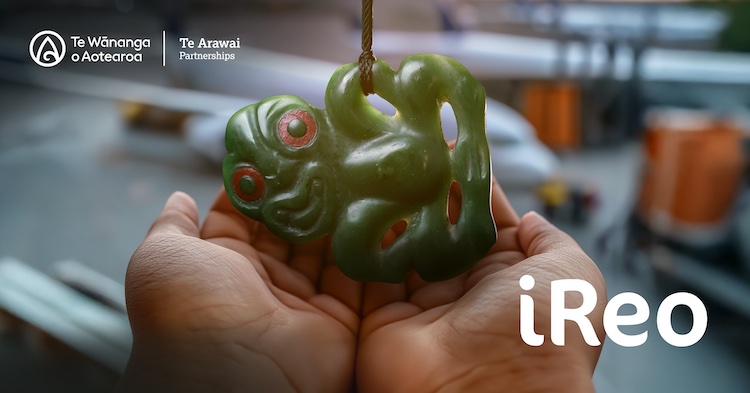Photo courtesy: Gisborne Herald
Te Wānanga o Aotearoa should - and could - do more in terms of sustainability but kaimahi don’t have to wait to be told to do their bit.
That’s according to Whirikoka kaiako Tina Ngata, who has been receiving increased media coverage recently of her ongoing kaupapa to care for the environment and reduce plastic waste.
Tina teaches environmental studies and blogs about her mahi at https://thenonplasticmaori.wordpress.com/about/
She has been in the media lately and has just completed Plastic-Free July, which included a series of events that ran in conjunction with Matariki celebrations.
The final event of Plastic Free July was a beach clean-up at Kaiti Beach on Sunday.
Among the waste which was picked up from the beach were computer monitors, towers and keyboards, mattresses, a toilet bowl, 10 rubbish bags, a bike, a crate of bottles and cans and countless cigarette butts.
Despite those efforts, Tina says there will be more rubbish on the beach today.
“It renews itself every day and will do for as long as we continue to consume plastics,” she says.
Tina says everyone can do their bit for the environment and the Whirikoka campus was now considering how a campus approach to sustainability might work.
“We are talking about it at the moment, what it might look like at Whirikoka. We have a mara at the back and we are looking at reducing our carbon footprint as well.”
She says TWoA also has an Environmental Strategy “in the works” but staff shouldn’t wait for it before doing something for the environment.
“We don’t have to wait for it to come from the top. We certainly have the desire and more people are looking to move in that direction and it is stronger if it comes from yourself,” she says.
“Think about the lunch you buy or bring to work and what you do with the waste from that.”
Caring for the environment is “probably our most primary response to being kaitiaki,” she says.
“The desire is there to do it but we definitely need to do more to be considered leaders in the field”.
Tina says her increased profile has seen a growth in interest in the programmes she teaches, but she takes no credit for that.
“There is more interest in our programmes. There is a lot of interest from people in this region because I think we have reached a critical place with the environment. We need to take action and to be inspired by people acting at a community level.”




































